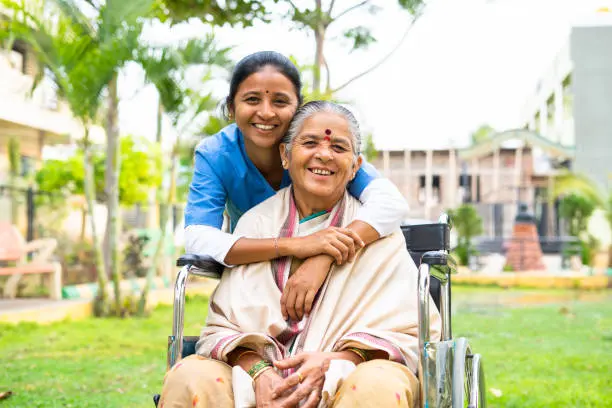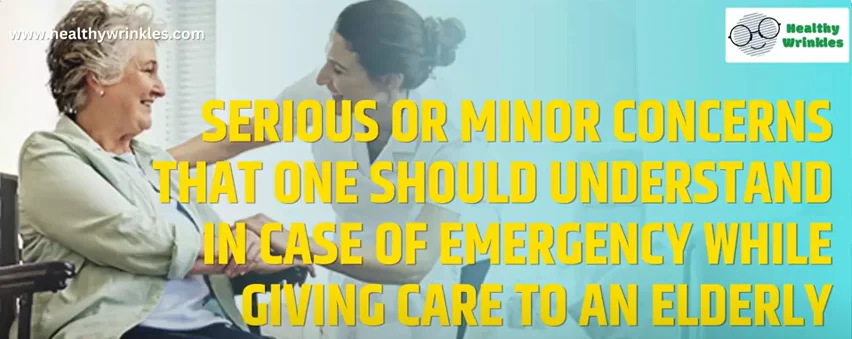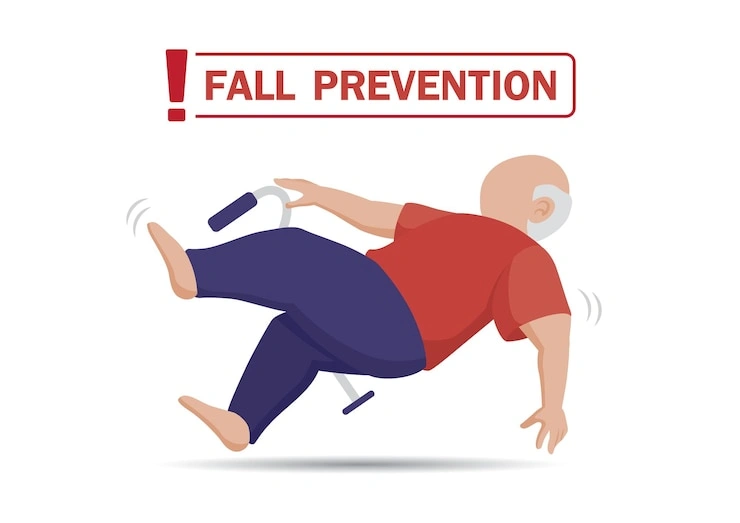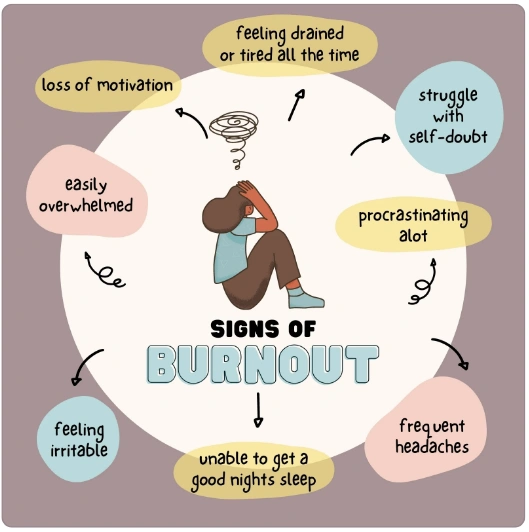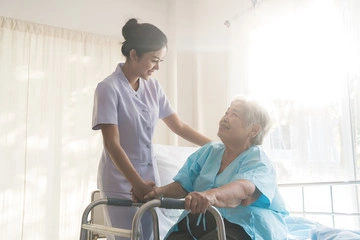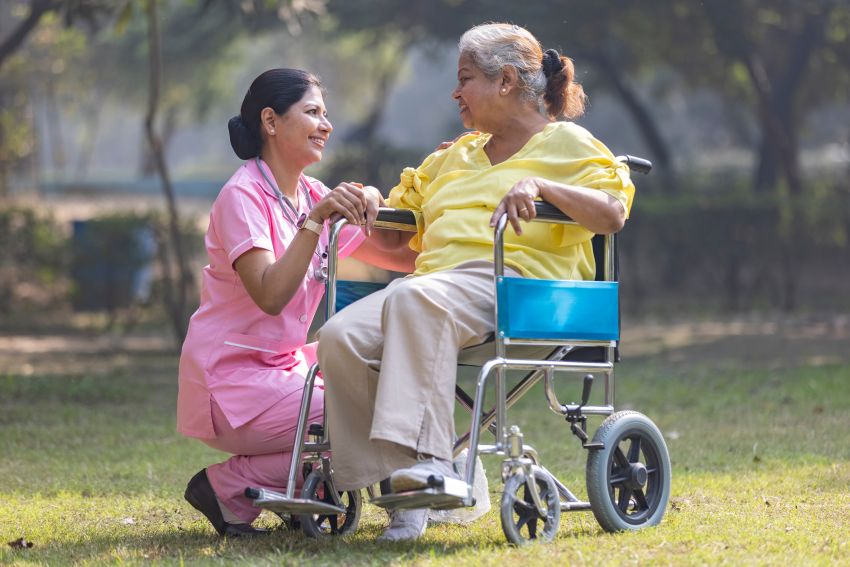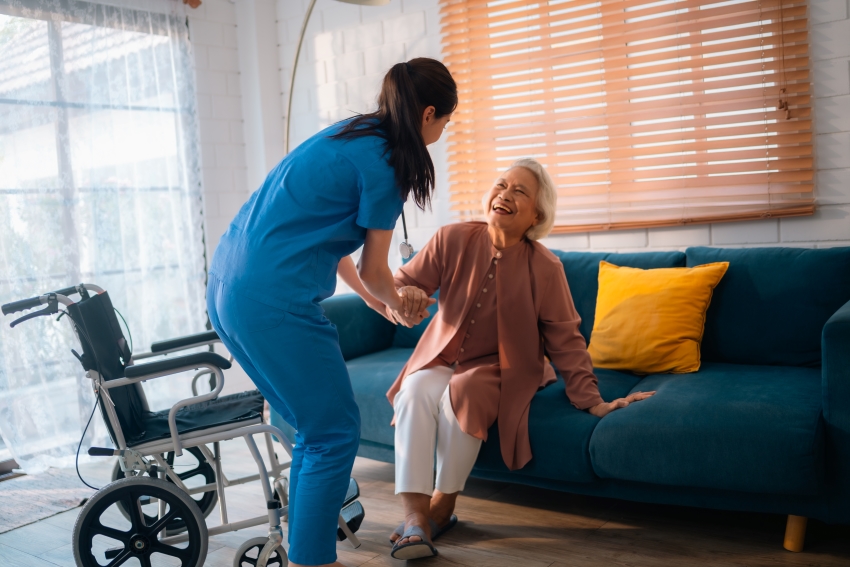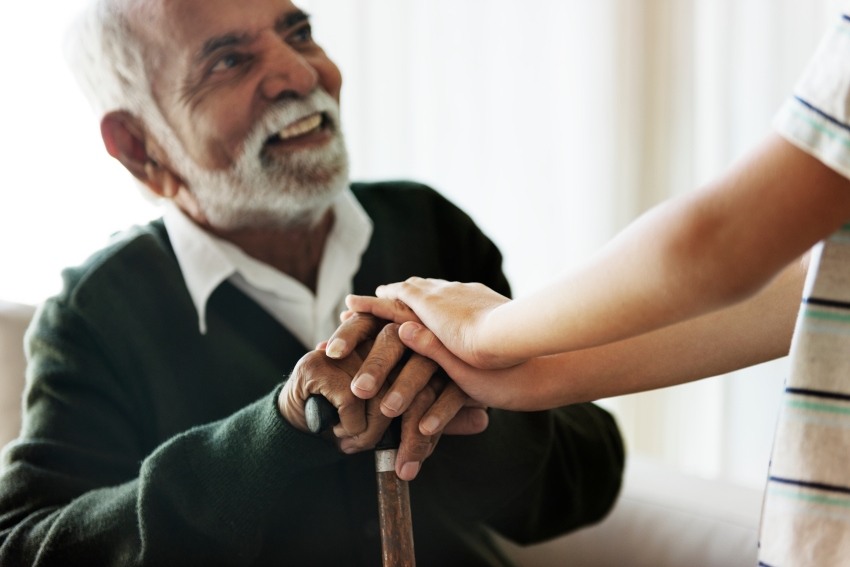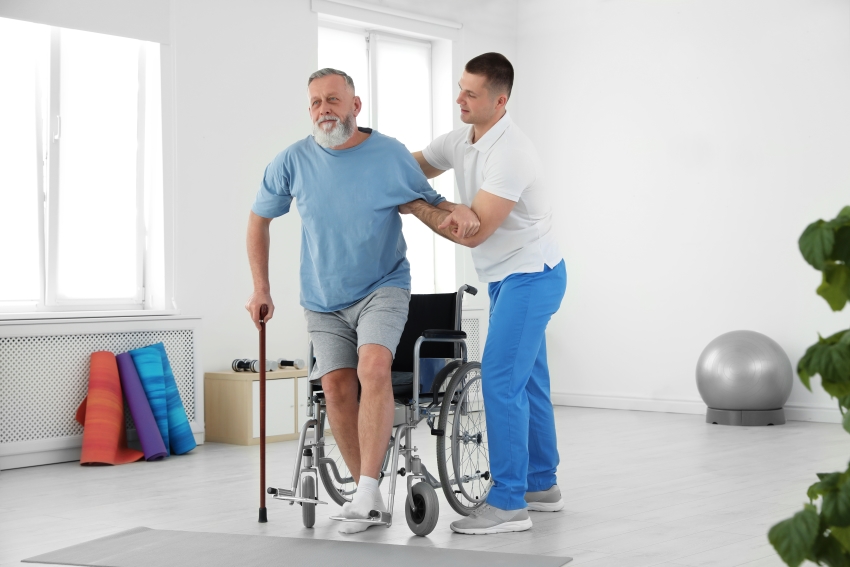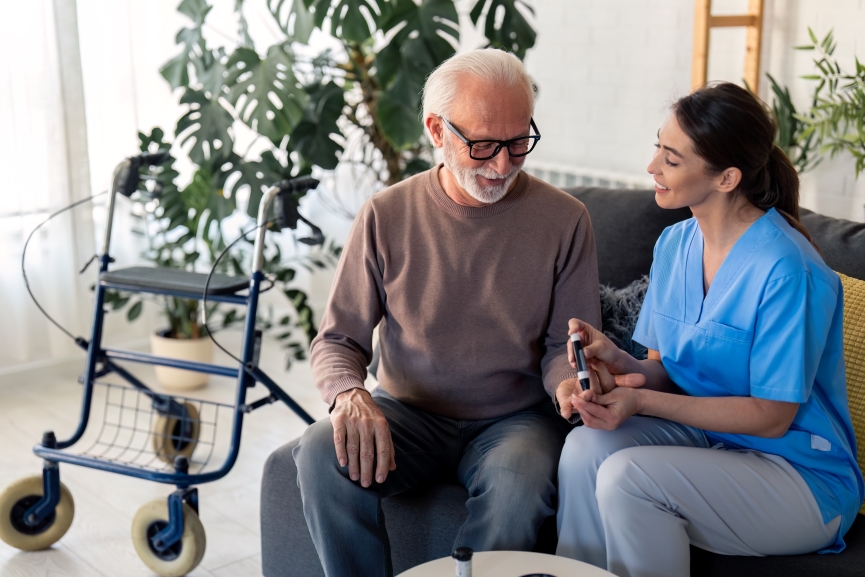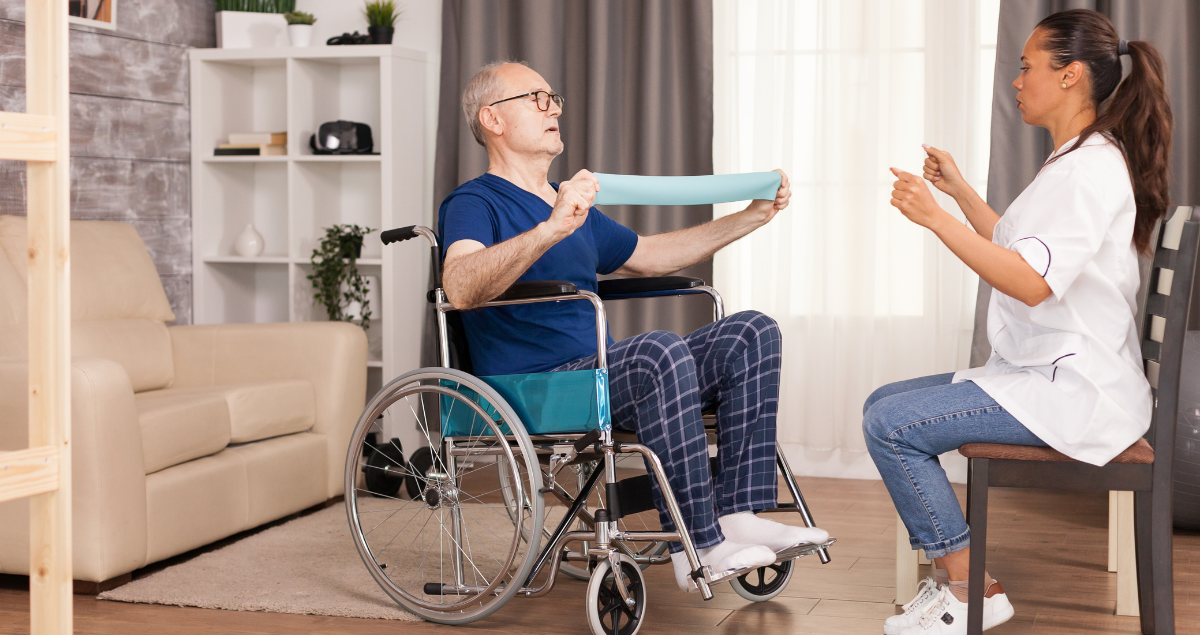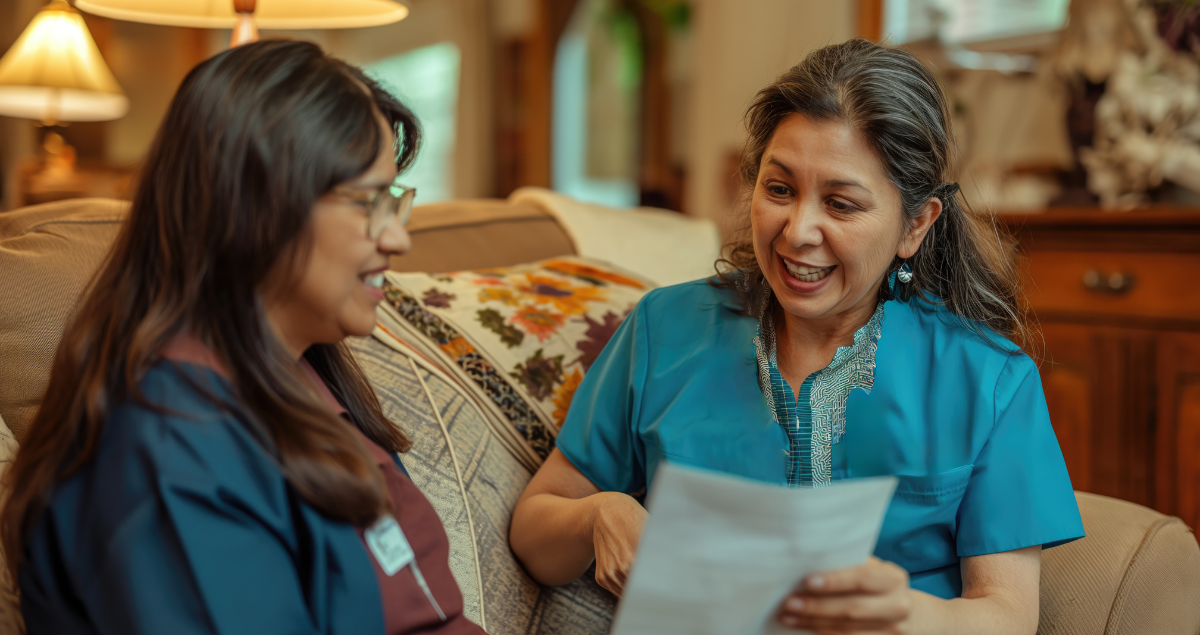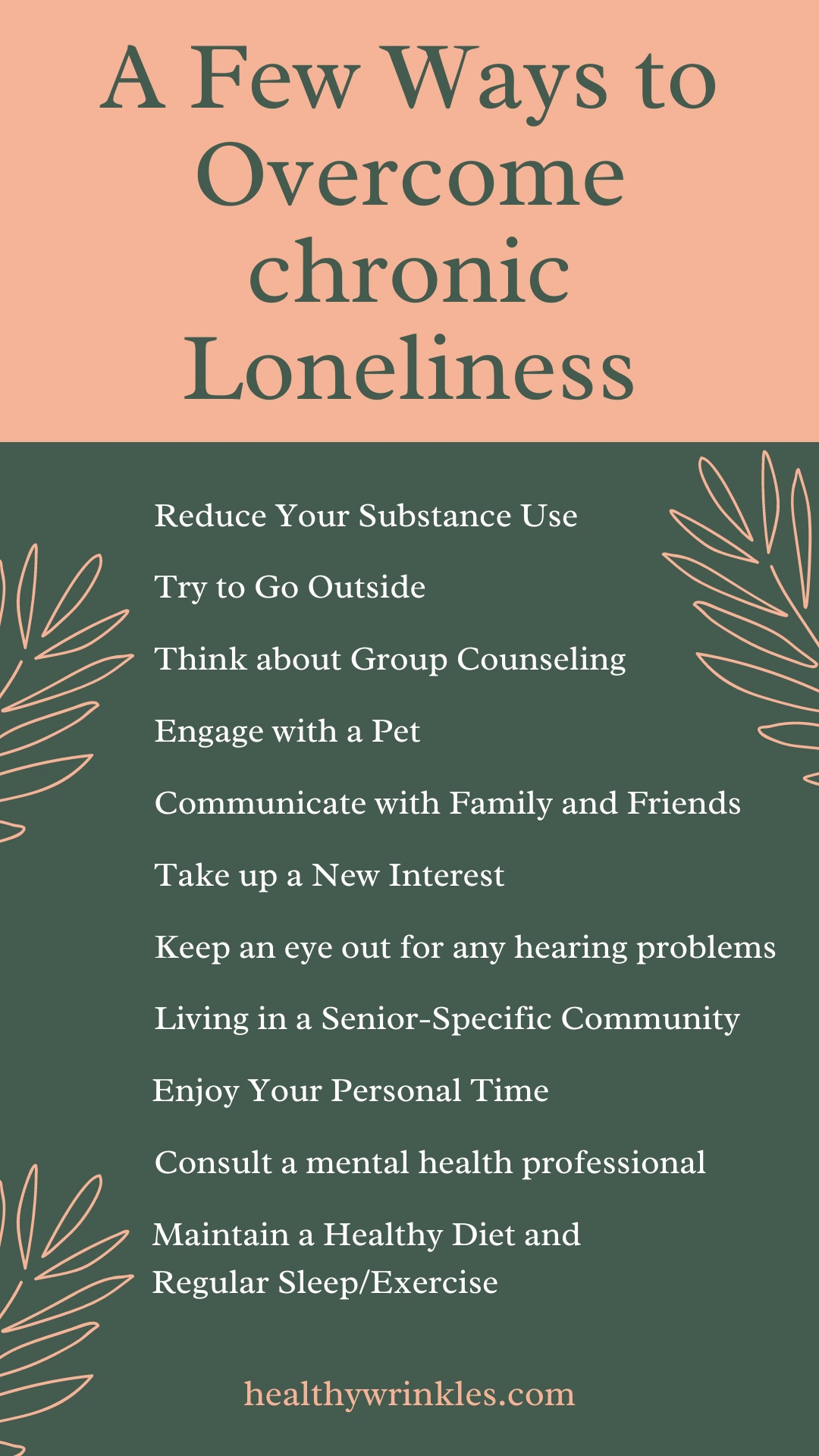How to cope up with chronic loneliness in seniors?
30-09-24
Seniors may experience increased feelings of loneliness when their relationships, living environment, and other important variables in their lives change. According to research, as people age, they are more likely to be impacted by the loss of close personal relationships as well as a decline in physical function and health, implying that the elderly should be monitored more closely for signs of chronic loneliness as the likelihood of being- and feeling- isolated increases with age. According to the Centers for Disease Control and Prevention, loneliness thoughts are associated with an increased risk of heart disease, stroke, and suicide based on serious depression, as well as a higher chance of death from poor health over time.
Here are 14 strategies for dealing with loneliness in seniors:
1. Communicate with Family and Friends
Whether it's making time for in-person visits or learning how to use social media tools like messaging, Facetime, Whatsapp, Skype, Zoom, and so on, it's critical to find new methods to socialise.
2. Volunteer
Exploring concepts that appeal to you will help you to engage in meaningful activities while also providing you with an opportunity to socialise.
3. Take up a New Interest
Consider an activity that you enjoy or could enjoy doing and include it in your calendar.
4. Try to Go Outside
Getting outside boosts your chances of expanding your social circle. There are numerous benefits to enjoying the sun, fresh air, wildlife, and so on—even tiny amounts of time spent outside may do wonders for you.
5. Engage with a Pet
If this does not sound too daunting, and you have a natural affinity for animals, it may be wise to explore adopting a pet.
6. Enjoy Your Personal Time
Seeking out delightful moments in your alone time will help you cope with them. Self-care can help you not only manage loneliness better but can also enhance your entire mental health.
7. Maintain a Healthy Diet and Regular Sleep/Exercise
Eating nutritious meals will make you feel better. Speak with your doctor if you are making significant changes to your daily habits, as you may need to examine any pre-existing or at-risk health factors before making changes to your lifestyle.
8. Reduce Your Substance Use
If you believe you require extra assistance in managing your cravings or desire to use substances, contact an addictions counselor.
9. Consider Living in a Senior-Specific Community.
Being at a senior's facility may allow a person to receive the care they require as well as assistance with things that they may struggle with (e.g. meal prep, housekeeping, laundry, etc.). These carers may aid them with their daily care responsibilities while yet allowing the elderly to live freely.
10. Keep an eye out for any hearing problems.
Getting the assistance you require from a health expert to improve your communication skills can go a long way toward assisting you in actively participating in your social network.
11. Address Your Transportation Requirements
If you used to drive but are now unable to do so, you may experience a significant decrease in social activities.
12. Improve Your Social Skills
Brushing up on your social skills - the natural ebbs and flows of conversation, reading nonverbal clues, and potentially even depending on effective conversation openers in terms of common themes and initial words - may help you feel more at ease in social situations.
13. Think about Group Counseling.
Participating in a group where you feel seen and heard, where you can create trust and rapport with the other group members, can help you feel less lonely.
14. Seek the advice of a mental health professional.
When things appear to be beyond your ability to handle them on your own, it may be time to seek the assistance of a mental health professional for more guidance and assistance with coping skills and problem resolution.
